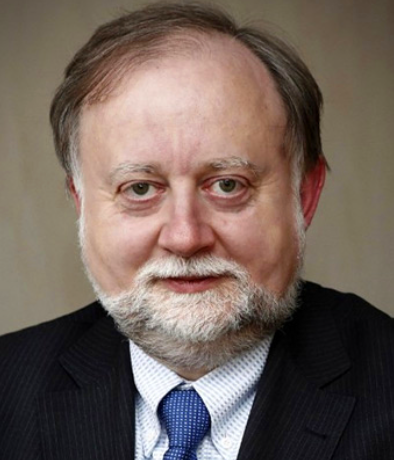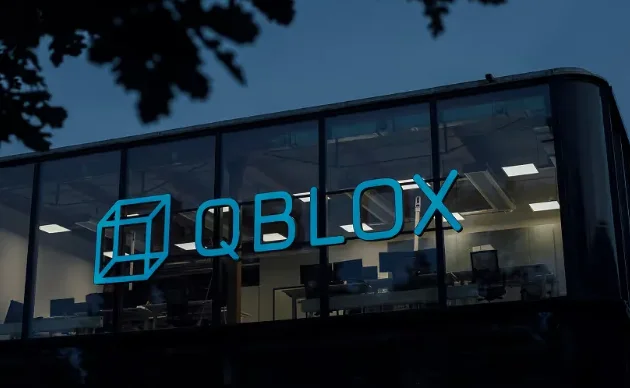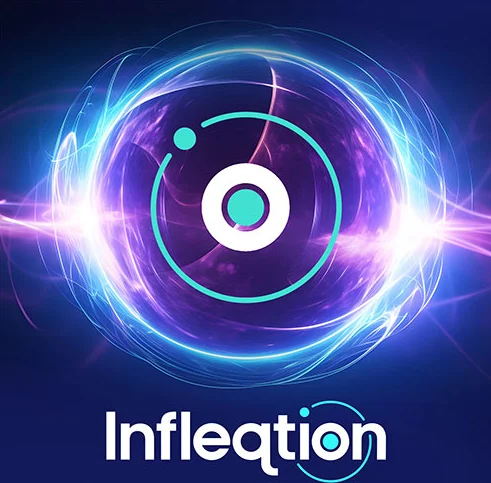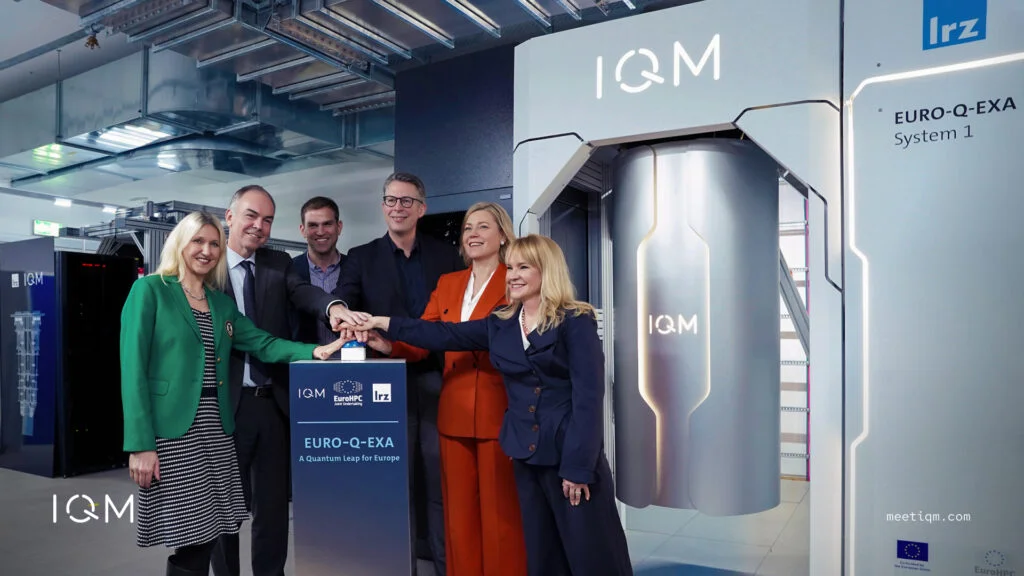Thales Group —a French conglomerate that specializes in the conception, advancement and production of electrical systems, along with apparatus and gear catering to the domains of aerospace, defence, transportation, and security — has been making efforts in the realm of quantum tech that have predominantly revolved around academic involvement. Striving to establish connections between university research and commercial implementation, the company has been examining quantum computing algorithms in conjunction with UK universities, providing support to Advisory groups within the University Quantum Hub, and engaging in cooperation with University College London regarding mission planning, for instance.
Thales also maintains a robust association with the quantum supply chain — typically encompassing smaller enterprises that emerge from university research collectives. As the technology progresses, Thales is engaged in discussions with these enterprises concerning the prospective utilization of quantum applications.
To find out a bit more about Thales’ efforts in quantum tech, the company’s Chief Scientific Officer, Dr. Marko Erman, recently conducted an exclusive interview with Frontier Enterprise, a Singapore-based media and news site focused on the technology space in Asia-Pacific. The interview delved into the particular domains in which Thales is engaged, their partnership with Singapore’s National Quantum-Safe Network (NQSN), and the projected advancements expected in the sector within the upcoming five to ten years.
Quantum Sensor Sensations
At the heart of Thales’ quantum efforts lies a triad of focus: quantum sensing, communications and computing. Erman paints a vivid picture of how quantum sensing holds the potential to reshape industries. Quantum sensors, for instance, have the power to elevate navigation, timing, and positioning. By harnessing cold atoms, these sensors can usher in an era of unprecedented accuracy in inertial systems, potentially revolutionizing air travel.

“Conventionally, aeroplanes heavily rely on GPS systems, which in turn depend on satellite signals,” said Erman. “However, with the integration of quantum sensors, an aircraft could successfully navigate a route, such as from Paris to Singapore, and accurately land on the designated runway without relying on GPS. The successful implementation of such technology would not only benefit air travel but also have a positive impact on maritime, underground, and surface transportation.”
Decrypting Quantum Communications
In the realm of quantum communications, the focus shifts to quantum encryption. Erman sheds light on the potential threat posed by quantum computers, capable of unravelling encrypted data in seconds. Thales spearheads the European Quantum Communication Infrastructure initiative, aiming to establish an unbreakable quantum communication network.
“Our goal is to establish a quantum communication infrastructure for EU member states with the first tangible results in a three-year timeframe, to effectively counter any future quantum threat. The idea lies around having an ‘unbreakable key’. The first goal is to be able to secure the long-distance exchange of keys using satellite constellations. The second level is to achieve an exchange of quantum information. By having an unbreakable link of quantum computers in a network, complex calculations can be made at a much faster pace,” said Erman.
Quantum Computing Efforts
Thales’ involvement in quantum computing is equally noteworthy. Collaborating with quantum emulator providers and startups, the company delves into quantum algorithms and their applicability.
“In particular,” Erman began, “this requires working on quantum algorithms, on programming, and on the portability of these algorithms on quantum computers. Thales is cooperating with companies providing quantum computer emulators and companies — in many cases, startups — developing quantum computer hardware.”
Meeting Quantum Challenges Head-On
Navigating the challenges posed by quantum computing’s nascent nature, Thales employs a pragmatic approach. Erman emphasizes the importance of building foundational understanding while actively engaging in research. Thales’ global hub, comprising research units worldwide, collaborates to assess and develop quantum models. “We’re early movers,” said Erman, describing Thales’ proactive stance in identifying key quantum areas and fostering collaborations to address use cases.
Strategic Alliances for Quantum Sovereignty
Thales’ partnership with Singapore’s National University and the Quantum Engineering Programme (QEP) underscores its commitment to quantum solutions while safeguarding digital sovereignty. By developing quantum security technologies, Thales contributes to critical systems without compromise.
“In 2021, Thales signed a memorandum of understanding (MoU) with the National University of Singapore (NUS) for a two-year partnership to jointly develop and test quantum technologies for commercial applications,” said Erman. “Under this MoU, Singapore’s Quantum Engineering Programme (QEP) and Thales are focused on developing capabilities to test and evaluate interdisciplinary quantum security technologies, with the aim of providing critical systems to our customers while also protecting their interests.”
The Quantum Potential Across Sectors
Quantum technology’s potential reverberates across sectors. Erman envisions groundbreaking developments in healthcare, where quantum computers will decode complex molecules, advancing disease treatments. Quantum sensors hold promise in medical imaging, enabling early anomaly detection. Moreover, quantum’s energy-efficient nature finds applications in air traffic management, energy distribution, and environmental stewardship.
“While we are already in the process of making some of these quantum applications a reality, there is still work to be done regarding data privacy protections, industry-specific algorithm development, and seamless integration into existing systems. Through investment in quantum research and collaboration with industry partners and governing bodies, we aim to leverage quantum technology in a manner that prioritizes safety and efficiency and addresses the critical needs of these industries,” said Erman.
Envisioning Quantum’s Future
Thales sees a future ripe with quantum breakthroughs. Quantum algorithms will tackle intricate problems across sectors, from operations optimization to engineering applications. Thales seeks to benchmark and refine quantum algorithms and emulators, charting the course toward transformative applications.
As quantum technology surges forward, Thales’ indomitable spirit and strategic pursuits stand as a beacon of progress. Erman’s insights paint a vivid portrait of Thales’ journey, from redefining navigation to safeguarding digital realms, heralding a future where quantum solutions intertwine seamlessly with our lives.
Featured image: Dr. Marko Erman
SOURCE: https://www.frontier-enterprise.com/a-quantum-leap-in-tech-thales-chief-scientific-officer-speaks/
If you found this article to be informative, you can explore more current quantum news here, exclusives, interviews, and podcasts.
















